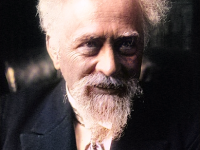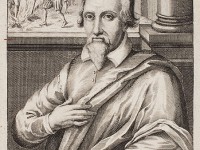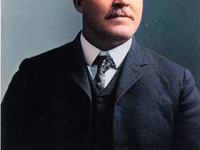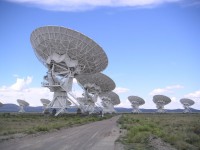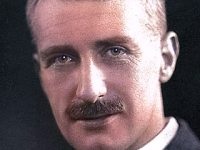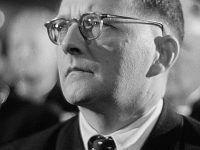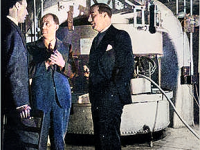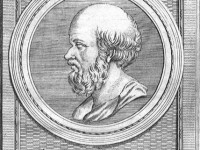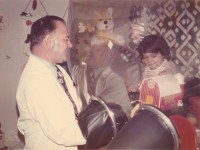Jean Baptiste Perrin and the Brownian Motion
On September 30, 1870, French physicist Jean Baptiste Perrin was born. In his studies of the Brownian motion of minute particles suspended in liquids, Perrin verified Albert Einstein’s explanation of this phenomenon and thereby confirmed the atomic nature of matter. Jean Baptiste Perrin – Biographical Background Jean Baptiste Perrin was born in Lille, France, while his father, Captain Jean Baptiste Perrin, wounded at the battle of Saint-Privat, was locked up in Metz…
Read more

